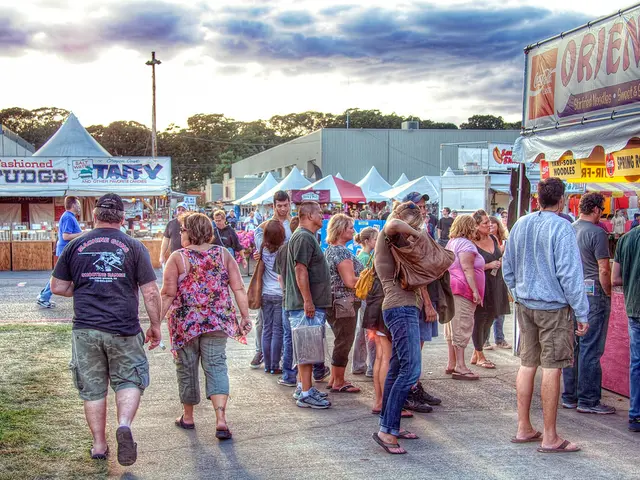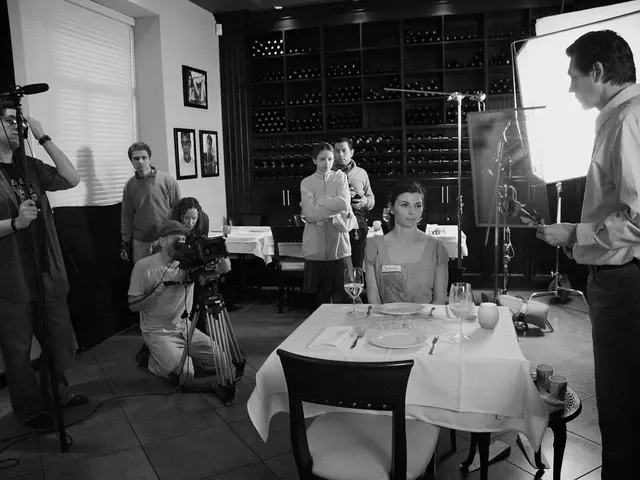Steinbach Stands Up for Culinary Sector in Struggle
Brandenburg's Minister of Economic Affairs, Jörg Steinbach (SPD), voiced his concerns over the government's decision to let the reduced VAT for meals in restaurants expire. He told the German Press Agency that the hospitality sector, still recovering from the pandemic, continues to face challenging competitive conditions.
"The industry serves an essential role in elevating people's quality of life and bolstering tourism in rural regions," Steinbach stated. He supported an extension of the current regulation for two additional years to provide the industry with a chance to recover.
During the coronavirus pandemic, VAT on food in restaurants dropped from 19% to 7% to aid the sector. However, due to the energy crisis, the regulation will not be extended beyond this year.
The German Hotel and Restaurant Association warned that thousands of livelihoods are at stake. Small and medium-sized businesses, particularly family-owned establishments, struggle to overcome the tax hike. Christian Görke, a Left Party member in the Bundestag for Brandenburg, called the VAT increase a "disaster" for the struggling hospitality industry.
Steinbach's concerns stem from the industry's significant role in enhancing quality of life and driving tourism in uncharted territories, which could take a hit due to the higher tax burden.
Source:
Enrichment Data Insights:
The hospitality sector faces significant challenges as a result of the VAT rate increase. Below are some key impacts to consider:
- Increased Costs for Businesses:
- A rise in VAT could lead to higher operational costs, which could ultimately swell prices for customers. This price hike might discourage some consumers leading to reduced demand and jeopardized profitability, especially in rural areas with slimmer profit margins.
- The increased operational costs could also lead to workforce reductions or business closures, affecting the livelihoods of restaurant owners and their employees.
- Political Opposition and Advocacy:
- Politicians and industry associations are often in favor of maintaining or extending reduced VAT rates to support businesses during hardships. For instance, following the pandemic crisis in Germany, the reduced VAT rate for restaurants and catering services was extended numerous times.
- Advocacy for these supports is especially strong in rural areas, as they often have fewer economic resources and fewer job opportunities. The hospitality industry is a substantial employer in these regions, so any increase in costs could exacerbate existing economic challenges.
- Affordability and Competitiveness Concerns:
- Higher prices due to increased VAT may make dining out less appealing for consumers, especially in rural areas with lower disposable incomes. This could result in a decline in customer base and accelerate economic difficulties for the industry.
- Increased tax burdens could make German restaurants less competitively priced compared to neighboring countries with lower VAT rates, potentially leading to a decrease in tourism and local economic activity.
- Resistance to VAT Increases:
- Politicians and industry associations often show resistance to VAT increases due to their potential negative effects on consumers and businesses. For instance, in the Netherlands, there is strong opposition to a planned VAT increase, with politicians arguing that it would make essential products more expensive and shrink purchasing power.








